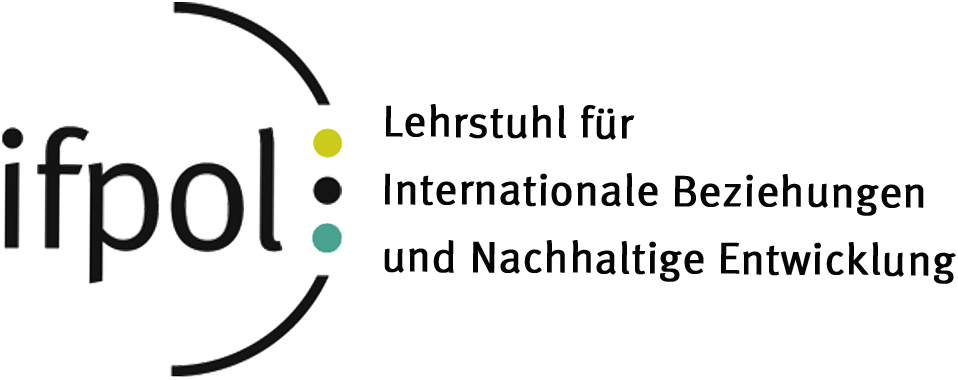
Religious Actors in Global Governance
From the viewpoint of political science discourses on non-governmental actors in global governance, religious actors are of significant importance. Becoming a focal point, they raise questions about the fundamental relation between national state politics and religion. Secularization of politics and society as well as simultaneous tendencies of ‘the religious’ moving into ‘the private’ sphere are only two prominent and critically challenged aspects of the controversy. Advancing in the context of economic, cultural and political globalization, such processes of (de)secularization lead to both the necessity of international political regulation and the upcoming of normative conflicts, possibly onto an international format. Hence, civil society’s, as well as religious actor’s exertion of political influence is a significant consequence of this development. Being ‘moral instances’ in international negotiations, religious actors increasingly use their discursive power to influence political agenda setting processes by applying discursive strategies to ‘frame’ public debates, for instance. For this reason the project examines the discursive power of religious actors in international politics and jurisdiction.
In doing so the project further examines conditions and effects of conflicting normative truth claims in specific policy fields. Focusing on the issues of international development and environmental policies on a supranational level, international negotiations and UN world conferences will be central to the analysis. Taking into account the role of transnational religious actors in those arenas, the research agenda thereby emphasizes discursive practices on development, global inequality or negotiations on climate change prevention measures. Summing up, assessing international society as a ‘Wertegemeinschaft’ (community of values) functioning as the normative basis, the focus will lie on the specific role and particular characteristics of religious actors in international negotiations and debates. Therefore, the projects objective will be the analysis of underlying conditions that allow religious actors to transform their legitimacy into discursive power, taking external preconditions, institutional settings and political opportunity structures into account, as well as aggregating these actors’ success in practicing norm-setting and discursive power.
Project Leader: Doris Fuchs, Prof. Ph.D.
Researcher: Johannes Friederich, M.A.
Homepage of the project at the Cluster of Excellence
Selected publications on the topic
- Friederich, Johannes, Doris Fuchs und Katharina Glaab. 2016. „Die Rolle religiöser Akteure in der globalen Nachhaltigkeitsdebatte – Von der Präsenz zum Einfluss?“ Politische Ökologie 34, Heft Religion und Spiritualität – Ressourcen für die große Transformation?, 100-105.
- Glaab, Katharina; Fuchs, Doris. 2015. „Religiös und grün? Die Rolle von glaubensbasierten Akteuren im globalen Diskurs der nachhaltigen Entwicklung.“ In (Ed.): Macht und Wandel in der Umweltpolitik. Baden-Baden: Nomos, 95-118.
- Glaab, Katharina. 2014. „Religiöse Akteure in der globalen Umweltpolitik.“ In Werkner, Ines-Jacqueline; Hidalgo, Oliver (Ed.): Religionen – Global Player in der internationalen Politik?. Wiesbaden: Springer VS, 235-251.
- Fuchs, Doris. 2013. „Sustainable Consumption“. In Falkner, Robert (Ed.): Handbook of Global Climate and Environmental Policy . Hoboken: Wiley-Blackwell, 215-230.
- Fuchs, Doris; Boll, Frederike. 2012. „Emerging Private Voluntary Programs and Climate Change: The Blind-Spots of the Agrifood Sector”. In Ronit, Karsten (Ed.): Private Voluntary Programs in Global Climate Policy: Pitfalls and Potentials. New York: United Nations University Press, 143-178.
Contributions to Conferences
- Glaab, Katharina. “Saving the Climate, Securing Rights? Diverging Rights Discourses and Climate Action.” Presented at the World International Studies (WISC) Conference, Frankfurt, 6-9 August 2014.
- Glaab, Katharina and Claudia Baumgart-Ochse. “Justice and Faith - A Conceptual Rapprochement.” Presented at the International Studies Association (ISA) Annual Convention, Toronto, 26-29 March 2014.

